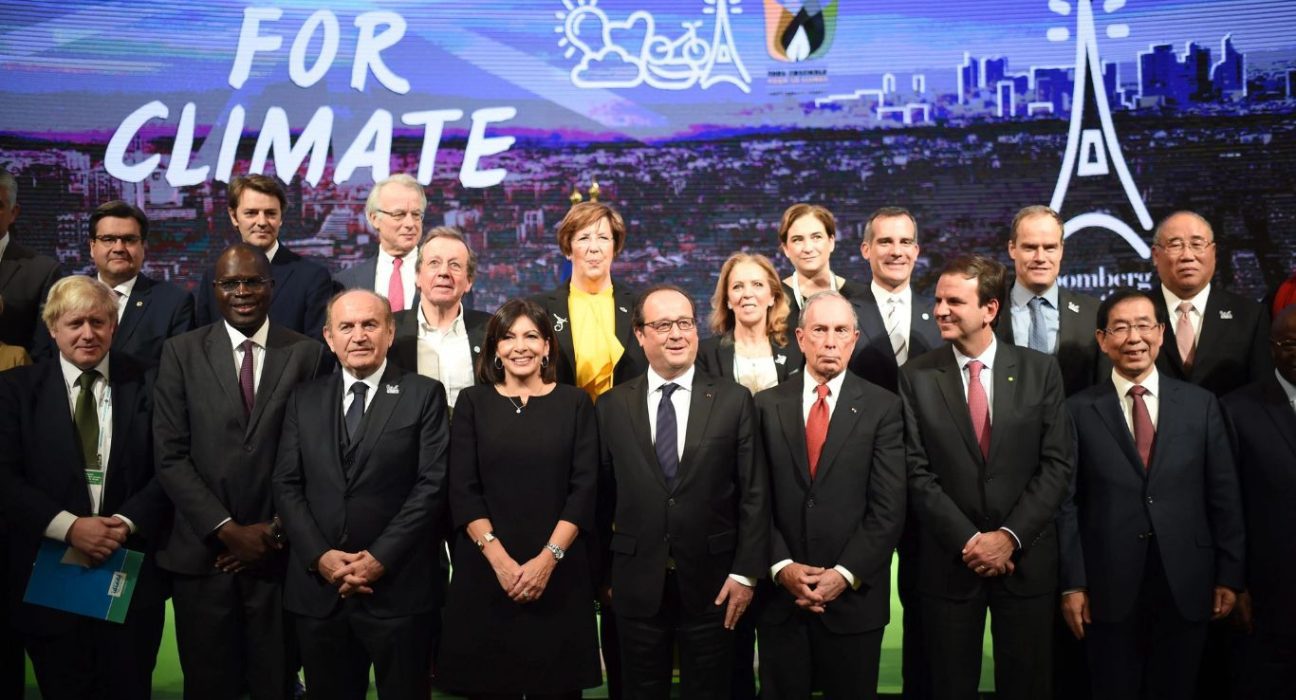Introduction: A Transformational Plan for Climate and Development Finance
In a significant development, a largely awaited top- position meeting in Paris is poised to present a groundbreaking$ 100 billion plan aimed at boosting climate and development finance in economically underprivileged nations. commanded by Barbados leader Mia Mottley through the Bridgetown Initiative, this preliminarily unreported offer seeks to give currency guarantees to investors and forms part of a broader global trouble to reform the transnational fiscal system.
Counting on Multilateral Financial Institutions for Reform
The proposed plan, revealed in an April 2023 discussion document, envisions using the International Monetary Fund( IMF) and other multinational development banks( MDBs) to address the inordinatemacro-risk award faced by developing countries. By offering$ 100 billion per time in foreign exchange guarantees for backing nominated in more unpredictable domestic currencies, rather than traditional currencies like the bone or euro, the plan seeks to empower sustainable investments while reducing threat. Unleashing the Power of” Just Green Transition Investments” The guarantees handed under this action would primarily support” just green transition investments.” This marquee term encompasses a range of fiscal instruments, including” green” bonds targeting environmentally friendly systems, as well as” blue” bonds fastening on enterprise related to the ocean, and sustainability- linked bonds. One of the crucial benefits of these guarantees is the assurance that MDBs would compensate transnational bondholders in case of currency devaluation, securing the value of their investments.
Mitigating threat and unleashing profitable Implicit
The proposed plan aims to alleviate threat for investors and latterly reduce the interest rates paid by governments. By addressing the devaluation threat associated with domestic currencies, the plan intends to make climate and development finance more affordable. For countries that have faced challenges penetrating global capital requests due to the profitable impacts of the COVID- 19 epidemic, this action could give the necessary boost to recapture request access and stimulate profitable recovery.
Addressing the Backing Gap for Climate Action
A report released during the COP27 climate addresses stressed the critical need for developing countries to admit$ 1 trillion annually in public and private finances by 2030 to effectively combat global warming. still, current capital overflows fall significantly short of meeting this target. The$ 100 billion plan unveiled at the Paris peak represents a major step toward bridging this backing gap and icing that developing nations have the necessary fiscal coffers to apply climate-friendly systems and sustainable development enterprise.
Cooperative sweats for a Sustainable Future
The successful perpetration of the proposed plan requires robust collaboration and collaboration among governments, fiscal institutions, and other stakeholders. Establishing clear guidelines and mechanisms to insure translucency, responsibility, and effective allocation of finances is pivotal. also, sweats should be directed toward enhancing the capacity of developing countries to absorb and use these investments efficiently. This entails strengthening governance fabrics, promoting sustainable design planning and operation, and easing knowledge- sharing and technology transfer.
Counteraccusations for Global Climate Action
The$ 100 billion plan unveiled at the Paris peak carries far- reaching counteraccusations for global climate action and sustainable development. By channelizing investments into climate-friendly systems in developing nations, it contributes to global emigrations reduction and the achievement of the pretensions outlined in the Paris Agreement. likewise, it acknowledges the principle of climate justice by feting that the responsibility for climate change mitigation and adaption should be participated equitably among all nations, anyhow of their profitable status.
Conclusion
In conclusion, the$ 100 billion plan unveiled at the forthcoming Paris peak represents a significant stride toward driving climate and development finance in poorer countries. By furnishing currency guarantees, mollifying investment pitfalls, and reducing interest rates, the plan aims to attract investments in green transition systems and foster sustainable development. As governments, fiscal institutions, and stakeholders unite to attack global challenges, this action demonstrates a commitment to a greener and further inclusive future. By using the power of finance, transnational cooperation, and sustainable investment, we can pave the way for a flexible and prosperous world for generations to come.










